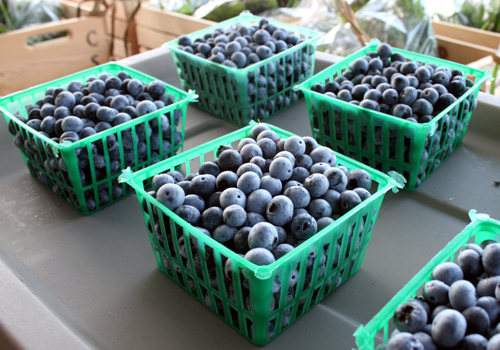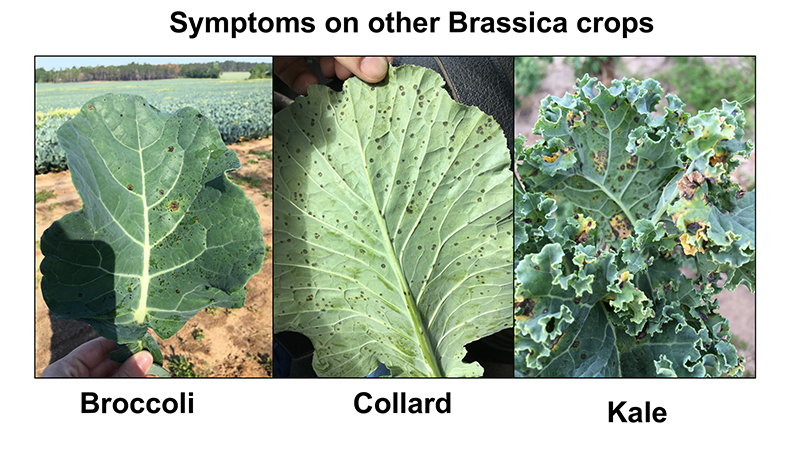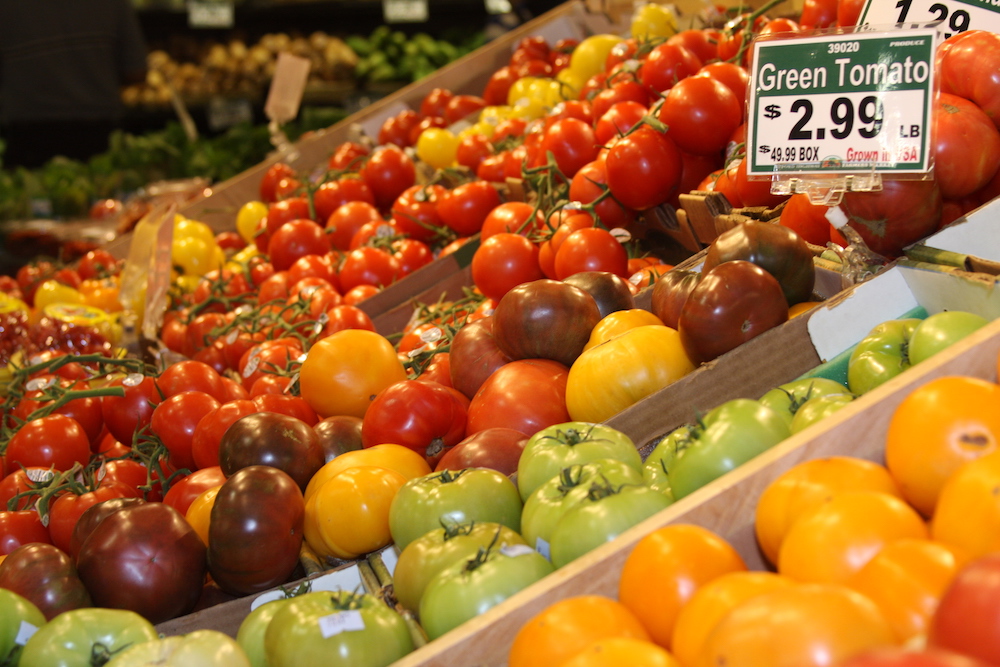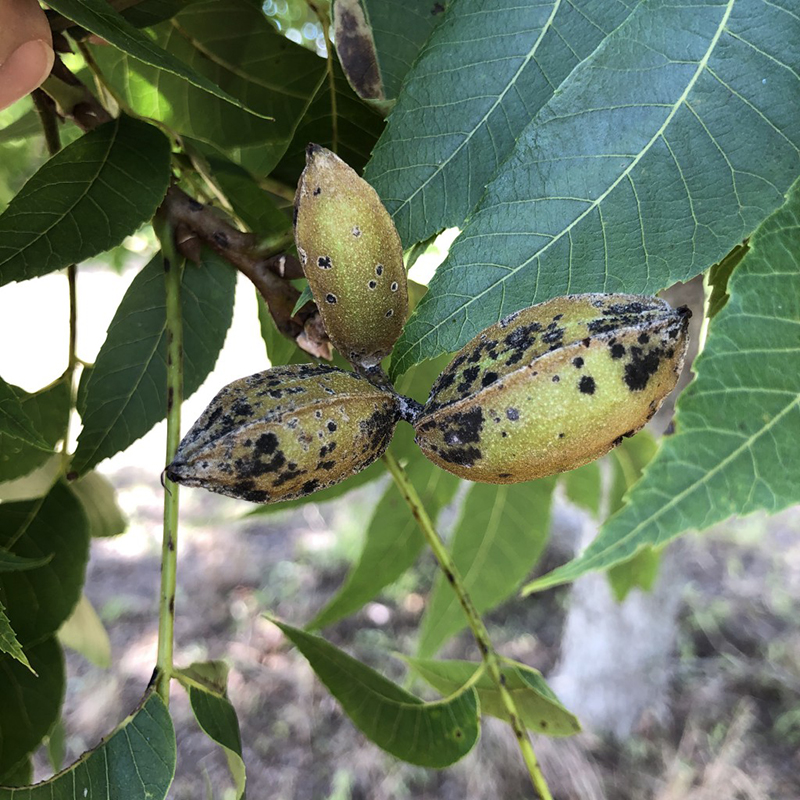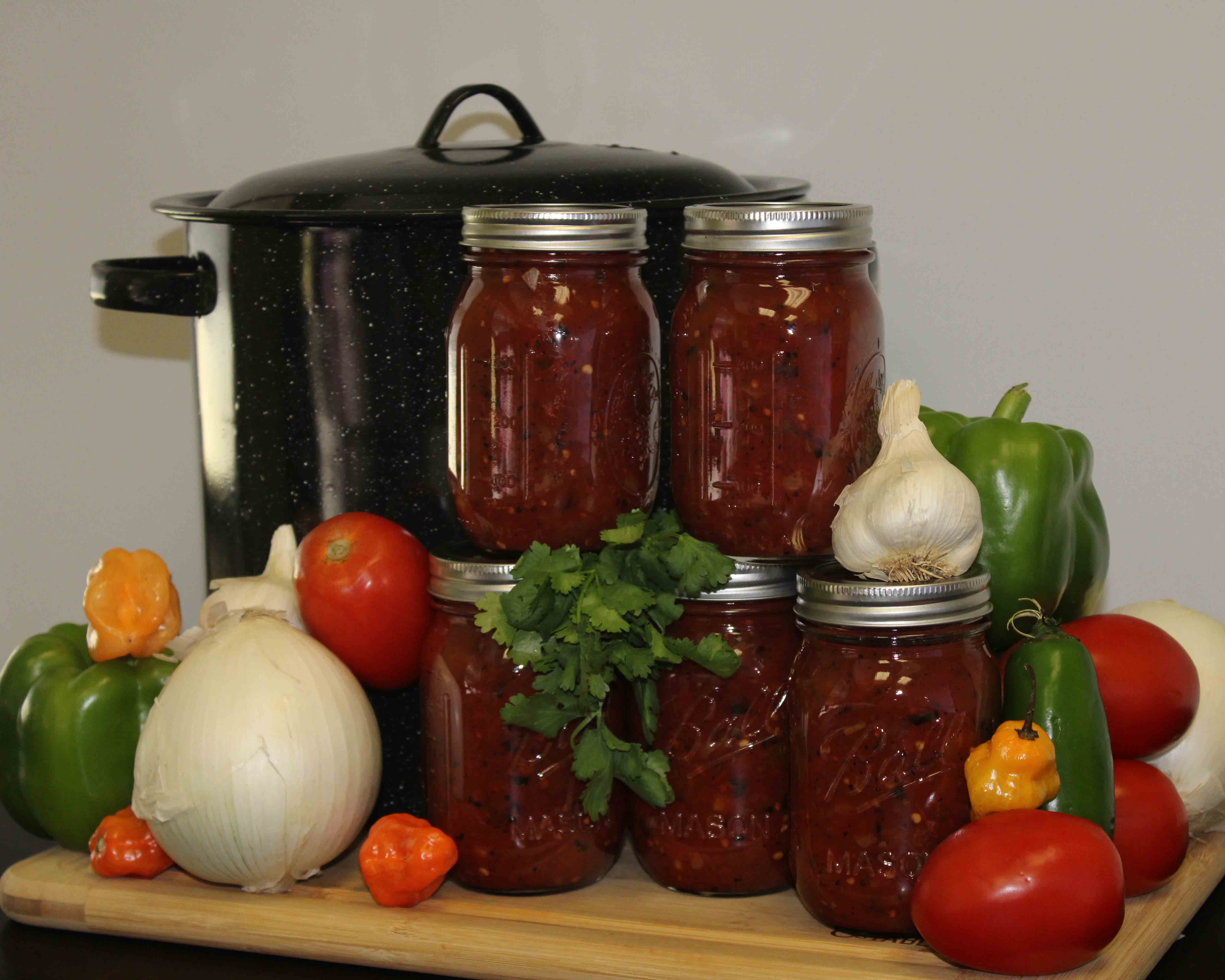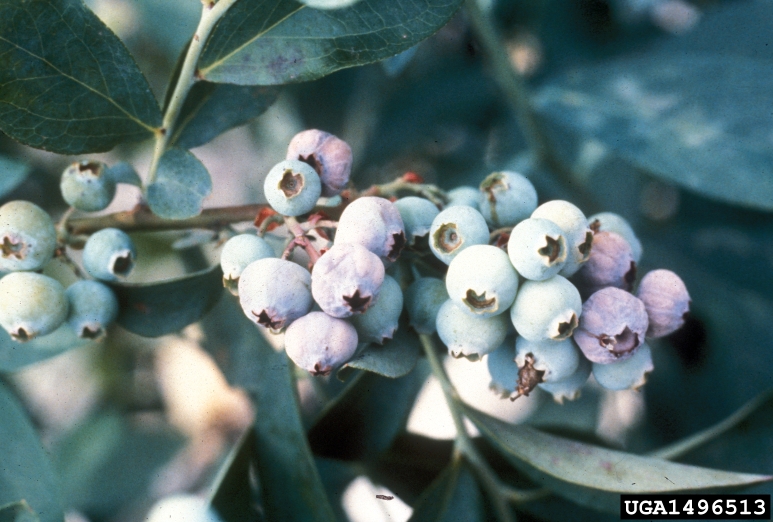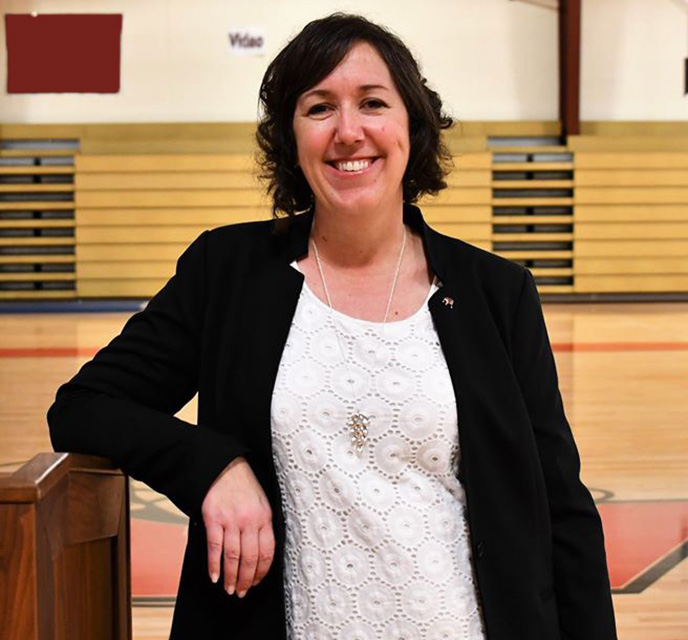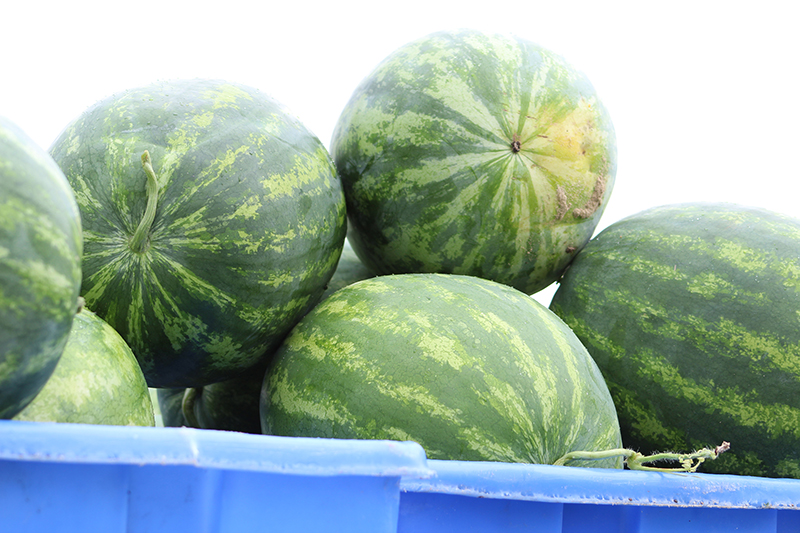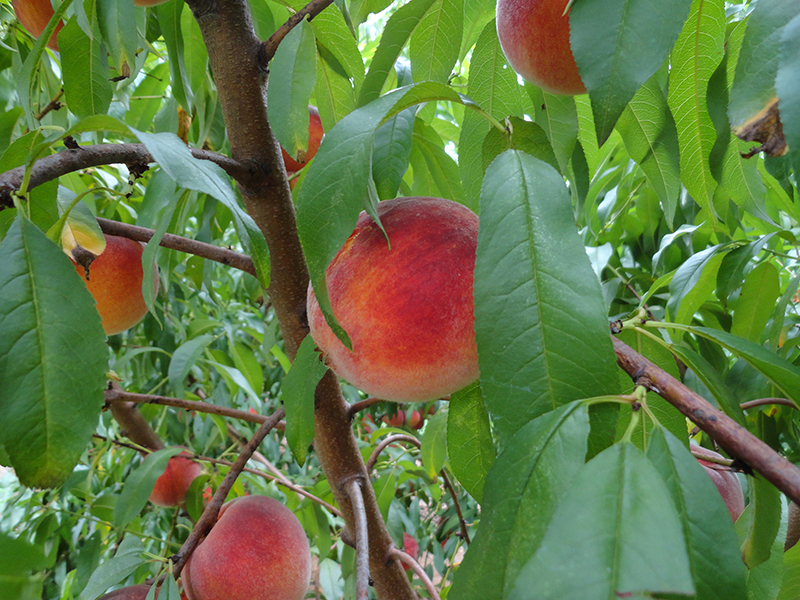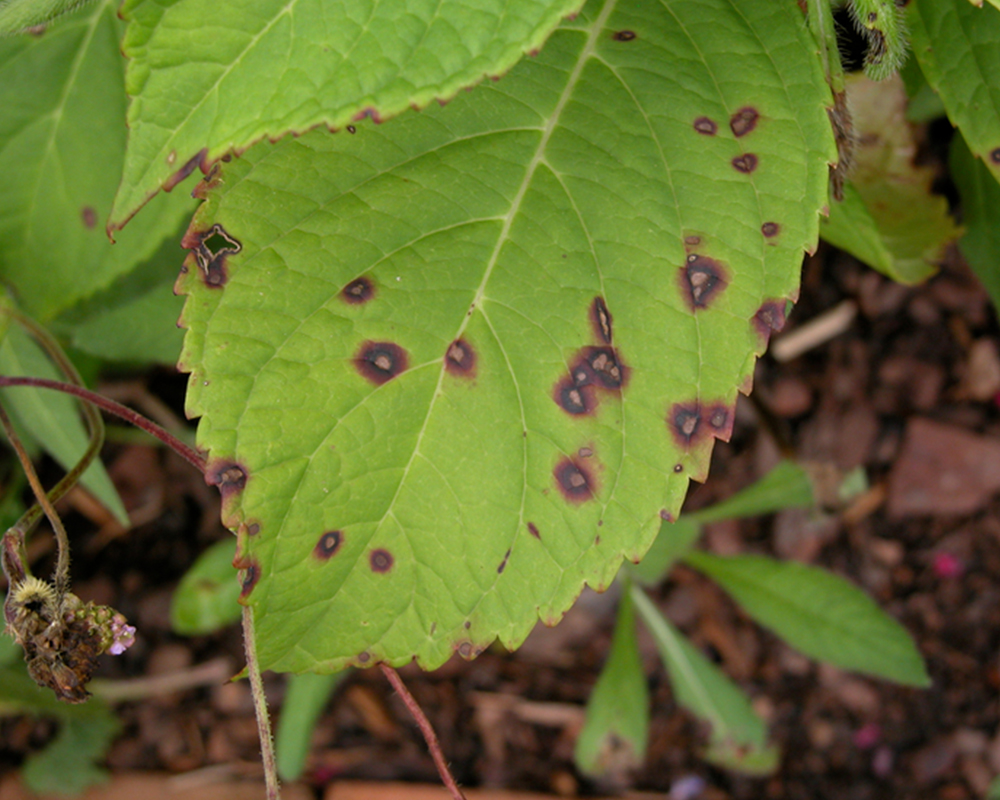 CAES News
CAES News
Seeing Spots
With all of the rain that we’ve experienced this year, many fungal leaf spot diseases are active. Hydrangeas are particularly susceptible to several different leaf spot diseases that favor moist weather. Some of the most common diseases people ask about are known as Corynespora leaf spot and Cercospora leaf spot on bigleaf hydrangeas.

